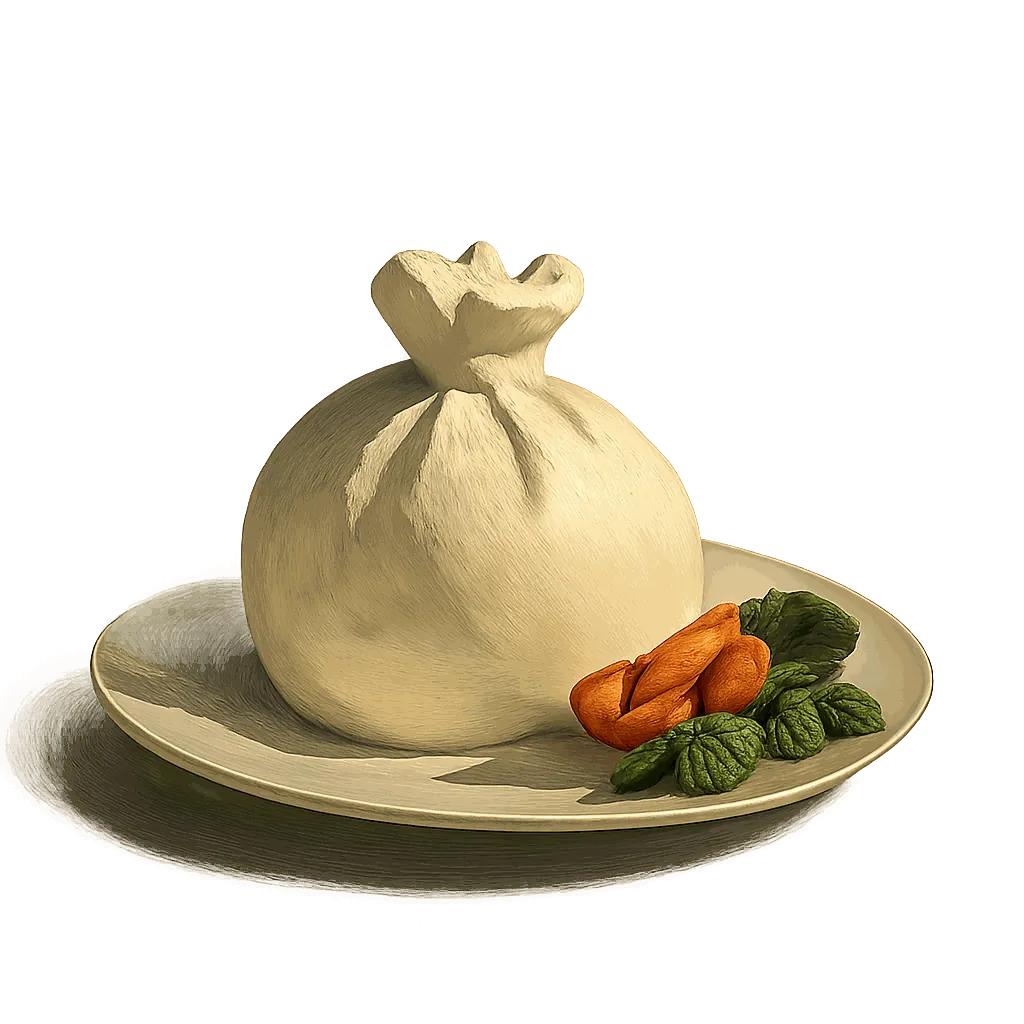Perfect Pairings & Recipes for
Cappuccino

Top flavour pairings and cappuccino recipes, revealed through the hidden mathematics of flavour.
Cappuccino instantly conjures the evocative embrace of coffee and the bracing kiss of kefir, but beneath its bitter surface lies a nuanced symphony of subtle flavour notes: milk, cocoa, and even hints of caramel that contribute remarkable depth. The key to finding the perfect pairing for cappuccino is understanding how these notes harmonise.
Flavour Profile Of Cappuccino Across 150 Dimensions Of Flavour
Disagree with any of the scores? Click on the wheel to edit the underlying flavour profile. Your contributions help us develop the most accurate flavour profiles possible, increasing the quality of our analysis.
Unlocking Flavour Combinations
To understand how flavour notes harmonise, we compiled a database of over 50,000 ingredient pairings commonly used in popular recipes. We then analysed these pairings, identifying the specific flavour notes that frequently appear together.
The Flavours That Harmonise With Coffee Notes
Strength of Association Between Flavours
The flavours most associated with coffee notes are: Sugary, Lacteal, Limestone, Buttery, Lactic, Corn, Caramel, Molasses, Butyric, Burnt.
Flavour Profile Of Cappuccino And Its Complementary Flavour Notes
Disagree with any of the scores? Click on the wheel to edit the underlying flavour profile. Your contributions help us develop the most accurate flavour profiles possible, increasing the quality of our analysis.
What To Drink With Cappuccino
How Flavonomics Works
We've pioneered a unique, data-driven approach to decode the intricate art of flavour pairing. Our goal is to move beyond intuition and uncover the science of why certain ingredients harmonise beautifully. This rigorous methodology allows us to provide you with insightful and reliable pairing recommendations.
Our analysis begins with over 50,000 carefully selected recipes from acclaimed chefs like Galton Blackiston, Marcello Tully, and Pierre Lambinon. This premium dataset ensures our model distils genuine culinary excellence and creativity.
Each ingredient from these recipes is deconstructed across 150 distinct flavour dimensions, creating a unique numerical "flavour fingerprint." This quantification allows us to apply advanced analytical methods to identify complex patterns between flavour notes.
We identify popular ingredient combinations that frequently appear in our recipe database. Regression analysis is then performed on these pairings to statistically validate and pinpoint truly harmonious flavours.
These insights drive our predictive model, which allows us to take any ingredient (e.g., Cappuccino), analyse its detailed flavour profile, and accurately reveal its complementary flavours and perfect ingredient partners.
Explore More
Discover more ingredient profiles and expand your culinary knowledge. Each ingredient page offers detailed analysis of flavour profiles, pairing insights, and culinary applications.
The information presented here is generated by our automated analytical pipelines. When an ingredient's flavour profile is updated, the analysis is updated automatically.


